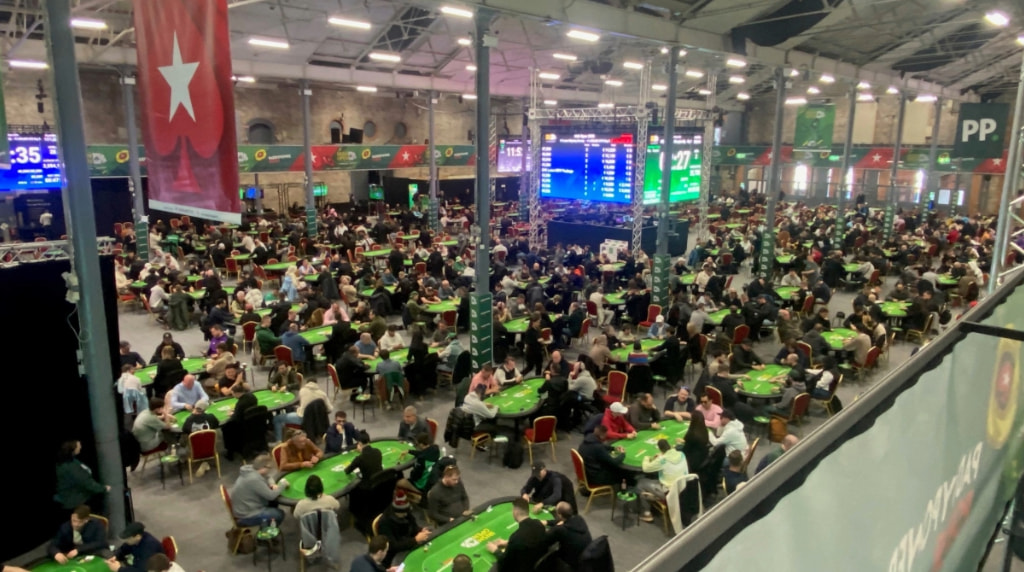Will Brazilian Soccer Clubs Have Say In Regulations?
In Brazil, the debates around sports betting regulations — and general gaming industry laws — rage on. It was a topic that concerned previous president Jair Bolsonaro, and that the current president has indicated a positive regard towards. However, a new voice has entered the ring, this time in the form of Brazil’s popular soccer teams. The teams question why they have not been involved in the regulation process thus far and demand their opinions to be heard.

Brazil’s soccer teams demand to be heard in the debates around sports betting regulation.
©Travel Nomades/Unsplash
Why are soccer clubs concerned?
Brazil’s prominent network of soccer clubs, ranging from well-known and successful teams to smaller local ones, maintain that they have fair reasons to be concerned. After all, they would be the beneficiaries of a percentage of the revenue collected in the process.
The plan, as it stands, is that a mixture of tax and licensing fees would be collected from sportsbook operators — taking a piece of the pie that is currently going untaxed when it comes to offshore sports betting sites — and then distributed for various governmental projects.
High on this list of beneficiaries would be Brazil’s sports teams, themselves. Though not limited to soccer teams, these teams would indeed collect earnings under the plan that is in development by Finance Minister Fernando Haddad. This sounds like a positive thing for these teams, in theory, but they have spoken out, voicing concerns that they have not been involved thus far.
This has now come via a statement by a group of teams that are calling themselves “Series A Clubs of the RJ x SP Axis.” This consists of the teams: Botafogo, Fluminense, Vasco da Gama, Flamengo, Palmeiras, Santos, Corinthians, and, last but not least, São Paulo.
Firstly, the letter states that, while various sports will be available for betting in Brazil, soccer has to be considered number one in terms of profit turnover. Secondly, the teams take issue with the fact that these platforms will also benefit from their own marketing and branding efforts, in part by freely using brand images — in effect, intellectual property — to make money.
What do soccer teams want from the new legislation?
Though soccer teams do stand to benefit from money collected in the process of sportsbook regulation in Brazil, the matter is not as simple as tax revenue or licensing revenue. In fact, the official statement by the network of teams highlights that soccer is the most profit-generating sport for sportsbooks in the country, but they are not pointing this out in order to ask for a greater share of the pie, for example.
Instead, what concerns them really is the language of the bill. These teams want to be involved in the writing of regulations in order to have a chance to voice their concerns. Their worries are valid when one takes into consideration the fact that certain rules might make it harder for sportsbooks to offer teams valuable sponsorship.
As it stands now, sportsbooks from all over the world are allowed to sponsor Brazilian teams, placing their branding on stadiums and jerseys, and offering a whole lot of money in return. These teams survive based on such sponsorship. Now, they worry that new regulations will prevent some sportsbooks from taking part in sponsorship in the future.
Of course, on the side of the governmental officials working on the bill, it makes sense that in order to participate in Brazil’s sports system — including via sponsorship — a provider would have to pay in via the official licensing system. The teams, however, foresee licenses being denied or some sites simply opting out due to the high cost of the license (R$30 million).
These are the things that concern teams; therefore, they would like to be listened to in the process of the regulation planning. They also take umbrage with the fact that, currently, no one is involved in the talks on behalf of the teams. In other words, they have no representative in the room working with their interests in mind.



